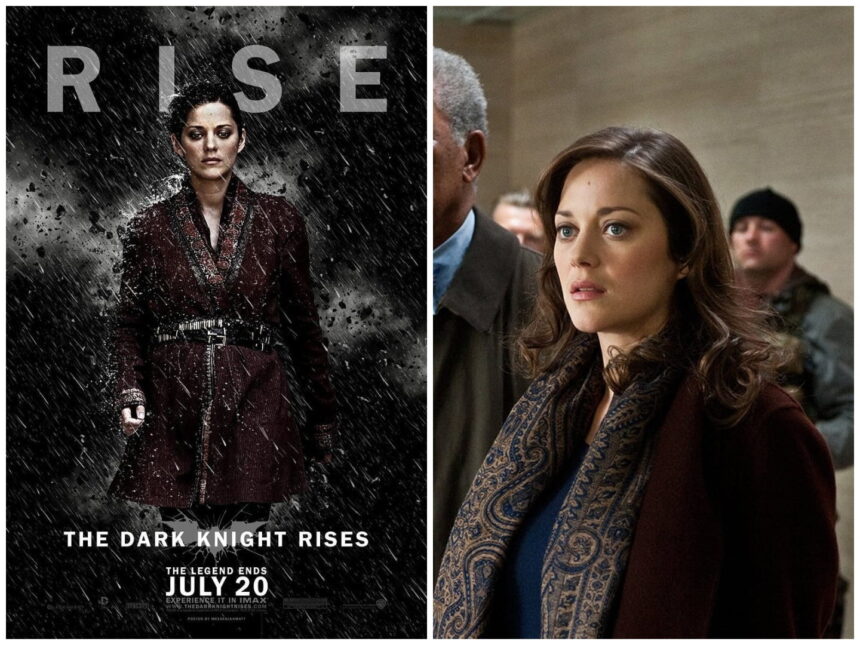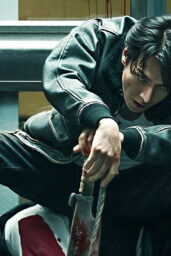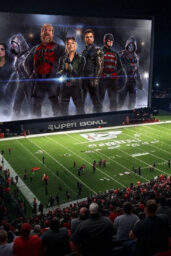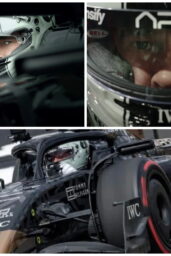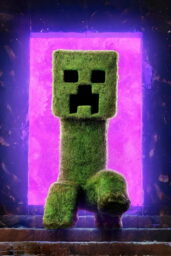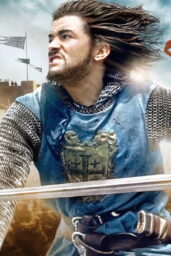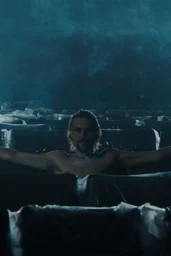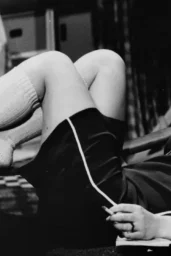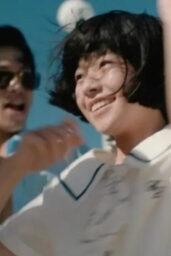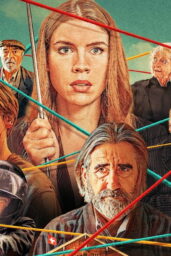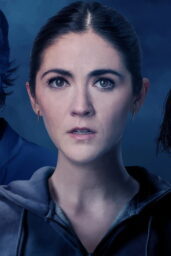Movies often leave lasting impressions, whether through iconic performances or unforgettable moments. But when those moments don't quite land as intended, they can become infamous instead of legendary. Such is the case with Marion Cotillard's death scene in The Dark Knight Rises . Recently, the acclaimed actress reflected on this moment, admitting she felt it was flawed—and sharing some surprising insights along the way.
Let's rewind to 2012, when Christopher Nolan wrapped up his groundbreaking Batman trilogy with The Dark Knight Rises . Fans were thrilled to see Marion Cotillard step into the role of Talia al Ghul, the daughter of Ra's al Ghul. With her commanding presence and emotional depth, Cotillard seemed like the perfect choice for such a pivotal character. Yet, despite her talent, her final moments—specifically her awkwardly staged death scene inside a crashed vehicle—have sparked endless debate among fans and critics.
In a recent interview with FranceTV, Cotillard took ownership of the scene's shortcomings. “I couldn't find the right position,” she confessed. “I was stressed. Sometimes it happens—we screw something up. And this, I screwed up.” It's rare to hear an actor so openly admit fault, especially one as accomplished as Cotillard. However, during another interview with Allocine years earlier, she hinted that director Christopher Nolan might share some blame. After all, he had final say over which takes made it into the finished product.
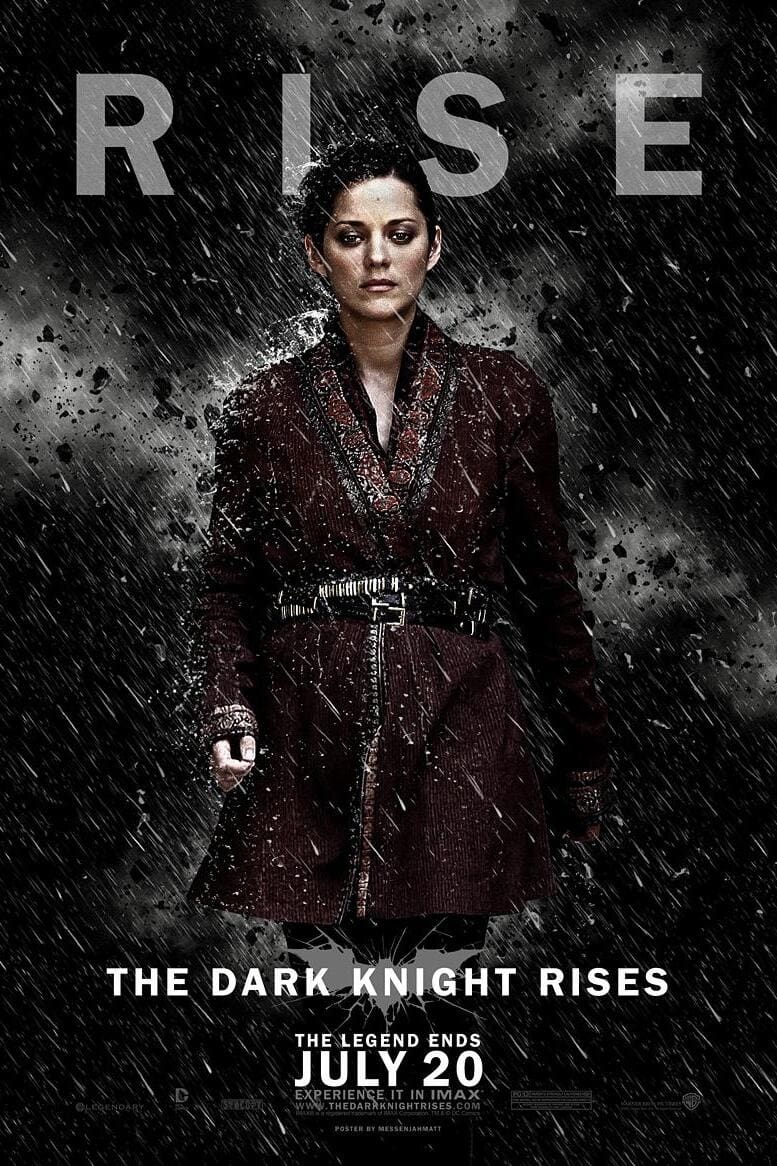
So, why did this particular scene feel off? Was it Cotillard's performance, the camera angles, or perhaps even the script? Likely, it was a combination of these elements. Watching the scene today, you can sense the disconnect between the gravity of the moment and its execution. Cotillard's thick accent, combined with the stiff body language and odd framing, detracted from the emotional weight Talia al Ghul deserved. Even diehard Nolan fans have acknowledged the scene's flaws, turning it into meme fodder rather than cinematic gold.
But let's not forget that The Dark Knight Rises isn't without its merits. For every misstep, there are moments of pure brilliance—the triumphant return of Bane, Anne Hathaway's sultry Catwoman, and Joseph Gordon-Levitt's heartfelt portrayal of John Blake. Still, as a conclusion to the trilogy, the film feels uneven, struggling to live up to the legacy established by Batman Begins and The Dark Knight . Perhaps Nolan bit off more than he could chew with his ambitious finale.
Conclusion
Reflecting on Cotillard's admission reminds us that filmmaking is both an art and a collaboration. Even the most talented actors and directors aren't immune to mistakes. While her death scene may remain a sore spot for fans, it doesn't diminish Cotillard's overall contribution to cinema. Instead, it serves as a reminder of how complex storytelling can sometimes falter under pressure.
Do you think Cotillard's self-criticism changes your perspective on the scene? Or do you believe other factors contributed equally to its failure?
Personal Impressions
As someone who revisits The Dark Knight trilogy regularly, I found myself torn when analyzing Cotillard's comments. On one hand, her honesty is refreshing; on the other, I sympathize with her predicament. Filmmaking involves countless variables, and no single person should shoulder all the blame. That said, the scene's awkwardness lingers, overshadowing the potential impact of Talia al Ghul's demise. If anything, this highlights the importance of strong communication between actors and directors—a lesson applicable to any creative endeavor.
Ultimately, The Dark Knight Rises remains a flawed yet ambitious entry in Nolan's catalog. Its highs outweigh its lows, but moments like Cotillard's death scene remind us that perfection is elusive in art.

